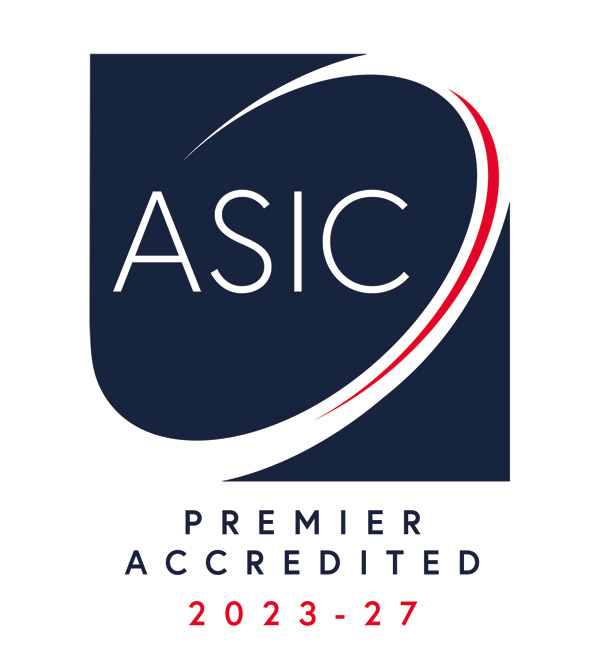
International ESOL Programme
Programme Overview
The International ESOL (English for Speakers of Other Languages) programme is designed to help non-native English speakers build confidence and proficiency in English, whether for academic, professional, or personal purposes. Our curriculum is tailored to equip students with essential language skills in speaking, listening, reading, and writing while fostering a deep understanding of English grammar, vocabulary, and pronunciation. The programme is aligned with globally recognized language standards, ensuring a pathway for students to achieve success in both local and international settings.
Who is it for?
- Students seeking to improve their English for academic studies or entry into higher education.
- Professionals looking to enhance their communication skills for career advancement.
- Individuals preparing for international certifications in English, such as CEFR-aligned exams.
- Travelers or expatriates needing functional English for day-to-day life abroad.
Programme Requirements
- A basic educational background (no prior English knowledge is required for entry-level courses).
- Access to a computer and reliable internet for online learning options.
- A commitment to engage in lessons, assignments, and assessments.
- Placement tests may be required to determine the appropriate starting level for intermediate and advanced learners.
Programme Structure and Syllabus Content
- Beginner (A1): Foundational vocabulary, basic sentence structures, and everyday conversational skills.
- Elementary (A2): Expanded vocabulary, simple dialogues, and comprehension of basic texts.
- Intermediate (B1): Practical communication, understanding of general topics, and structured writing.
- Upper-Intermediate (B2): Academic and professional communication, advanced grammar, and opinion writing.
- Advanced (C1): Complex discussions, detailed writing, and idiomatic language use.
- Proficient (C2): Near-native fluency in all language aspects, tailored to professional or academic goals.
- Listening: Understanding spoken English in diverse accents and contexts.
- Speaking: Developing clear and confident pronunciation and conversational skills.
- Reading: Building comprehension through a variety of texts, including articles, emails, and essays.
- Writing: Learning proper grammar, formatting, and stylistic techniques for reports, essays, and correspondence.
Assessment
- In-class participation and assignments
- Oral presentations and speaking tasks
- Listening comprehension tests
- Written exams and essays
- Optional preparation for internationally recognized exams like IELTS, TOEFL, or Cambridge ESOL certifications.
How to Apply?
- Fill out the online application form on our website.
- Complete a placement test (if applicable) to determine your level.
- Submit required documents, including proof of identity and prior education (if necessary).
- Pay the registration fee and receive confirmation of enrollment.
For assistance, contact our admissions team at admissions@bsmsedu.org
Start your journey toward mastering English today by enrolling in the International ESOL programme. Build your confidence and achieve your goals!
Key Facts
Know some key facts about the International ESOL Programme programme
- Duration: Flexible learning schedules, with each module lasting 8–12 weeks.
- Delivery: In-person, online, or hybrid options available.
- Certification: Receive a certificate of completion for each level.
- Global Standards: Aligned with CEFR, ensuring international recognition.
- Support: Access to dedicated instructors, learning resources, and progress tracking.
- Entry Points: Enroll year-round at any level based on your current proficiency
